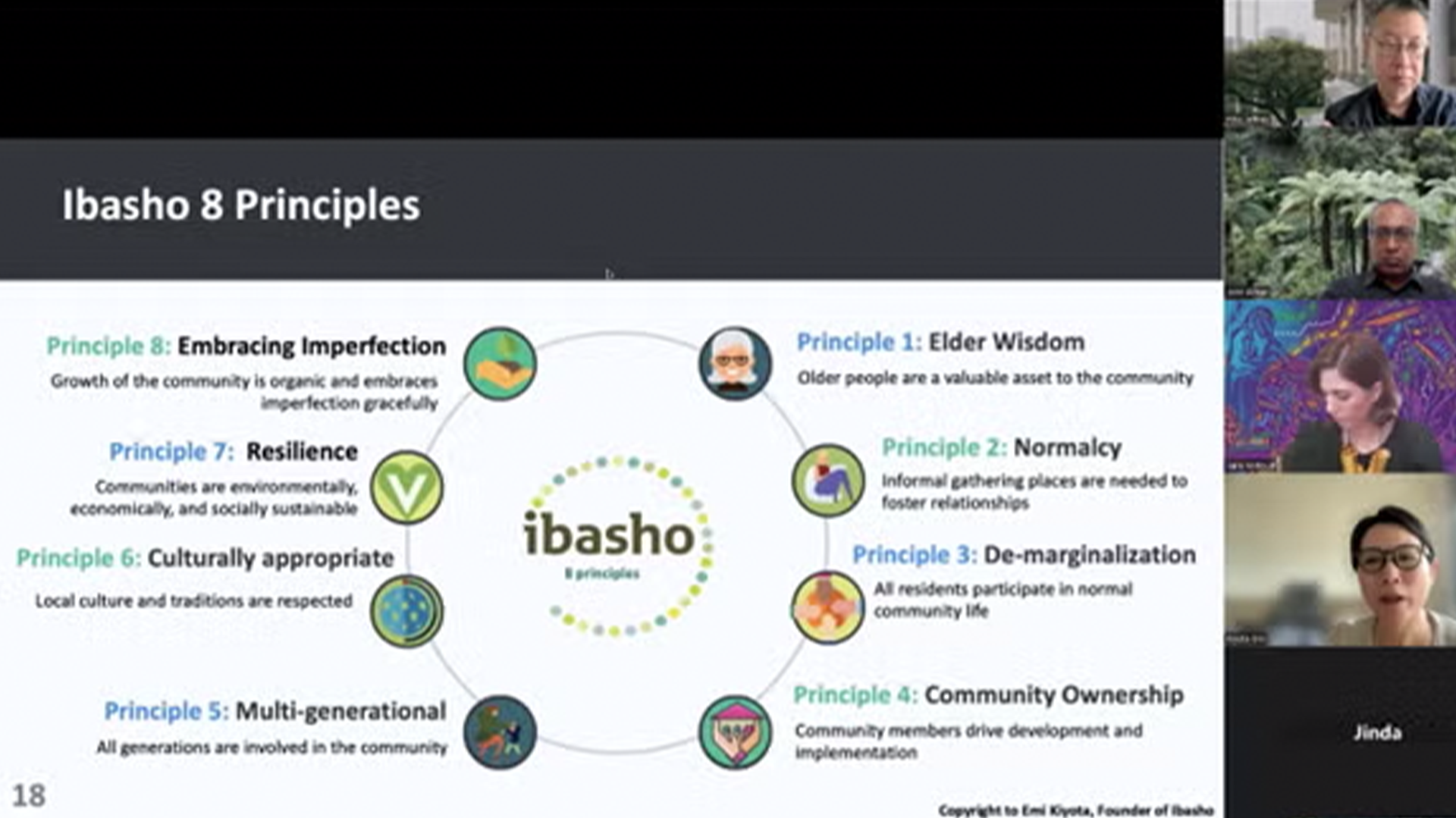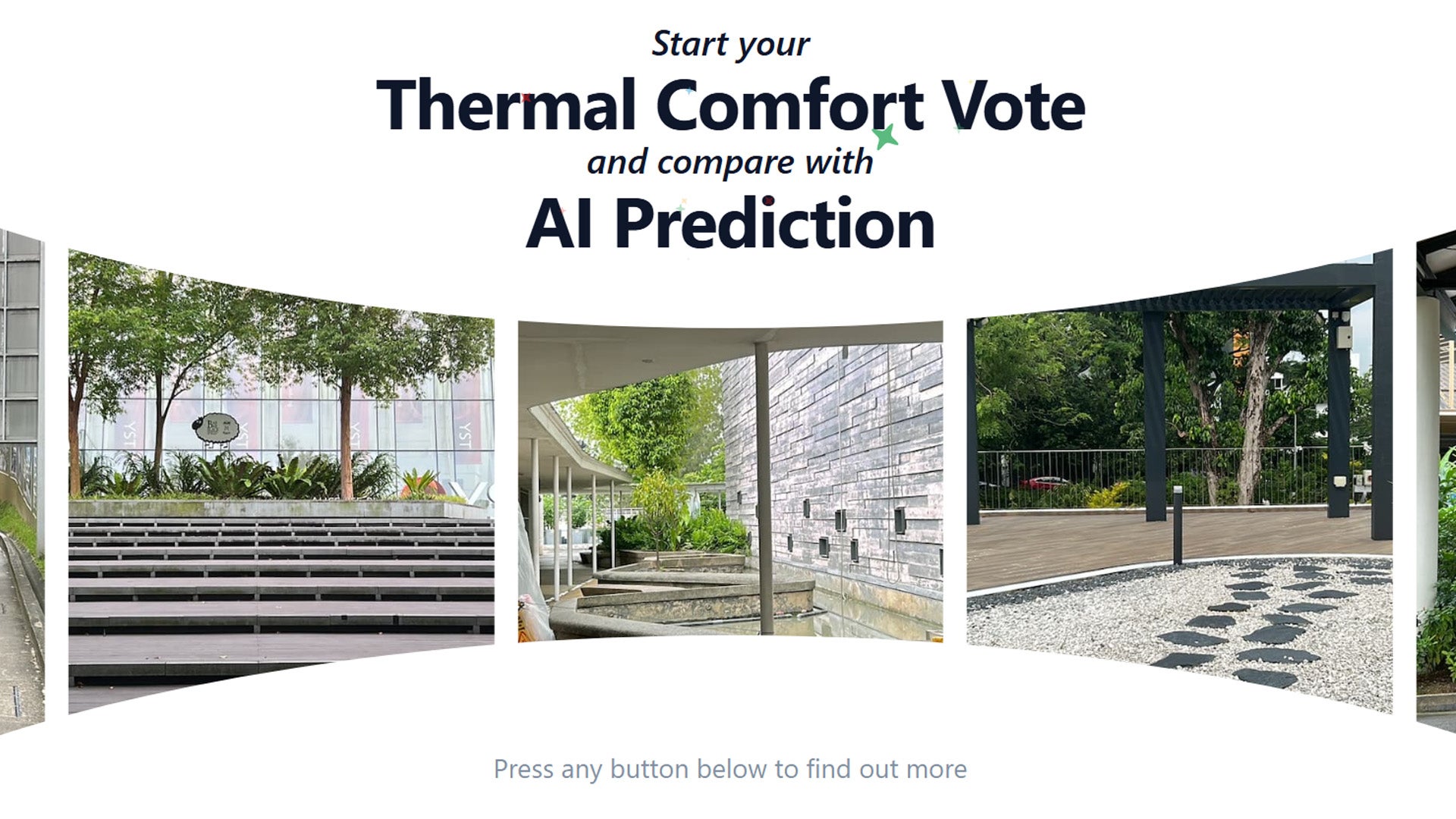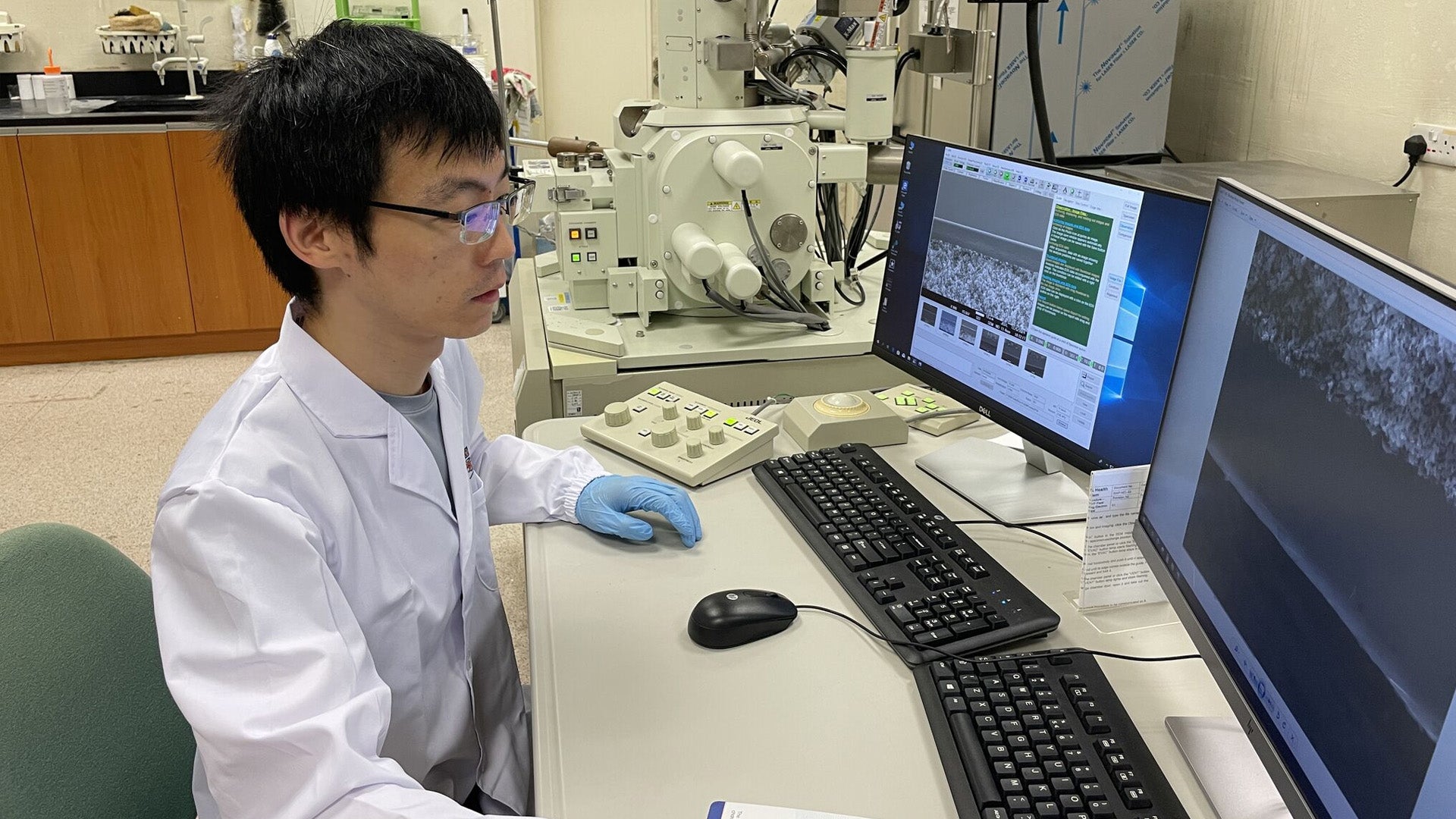RESEARCH IMPACT & COLLABORATIONS
Department of Architecture and UQ School of Architecture, Design and Planning joint symposium on Climate Resilience for Healthy Urbanism

On 13 March 2025, researchers from the Department of Architecture (DOA), CDE and the University of Queensland's (UQ) School of Architecture, Design and Planning, came together for the inaugural Joint Symposium on Climate Resilience for Healthy Urbanism. The online symposium featured 12 insightful presentations from staff, PhD students, and research candidates from both institutions, organised into four key themes reflecting shared research interests:
- Social Resilience
- Tropical Design
- Climate Resilience
- Digital Twin
The symposium not only highlighted cutting-edge research but also laid the groundwork for deeper collaboration. As emphasised by Professor Jeffrey Hou (Head of the Department of Architecture, CDE NUS) and Professor Ali Cheshmehzangi (Head of School of Architecture, Design and Planning, UQ), this initiative is a step towards co-creating new opportunities in research, teaching and academic exchange.
Learn more by clicking here.
AI accelerates 3D bioprinting of personalised gum tissue grafts

Researchers from CDE and the NUS Faculty of Dentistry have developed an AI-powered method to speed up the 3D bioprinting of personalised gum tissue grafts.
Their approach reduces the need for painful tissue harvesting and improves precision in regenerative dentistry, promising better treatment outcomes, less patient discomfort, and minimised risk of complications during recovery.
Biomedical Engineering researchers Dr Peter Wang and Dr Kui You, led by Prof Dean Ho (Head, Department of Biomedical Engineering), designed the AI-driven optimisation process that slashed the number of experiments needed from thousands to just 25.
The technique could one day extend beyond dentistry to applications like scarless wound healing.
Read more here.
Well-being in the City: Innovating Healthy Living

Check out this research project from a new lab, City Syntax Lab at the NUS Department of the Built Environment, focusing on the impact of visual elements on perceived thermal comfort.
The study involved taking over a hundred images of various urban design elements around the NUS campus and then surveying NUS students about their perceived thermal comfort with those images.
To analyse the data, an AI (computer vision) model was developed to identify and segment key visual elements within the images. This model helped researchers understand how the elements influence the students’ responses regarding their thermal comfort.
This project, currently one of the exhibits at the URA Centre, includes an interactive component. Visitors can vote on their perceived thermal comfort using the same images, and the AI model will process and display the results on the spot. See: https://ura-exhibit-site.vercel.app/
View the Lab's work at the "Well-being in the City: Innovating Healthy Living” exhibition at The URA Centre until 31 May 2025. Admission is free. More information on the exhibition can be found at go.gov.sg/HealthyCities.
CDE researchers demonstrate quantum computing milestone

A milestone unlocking the long-term potential of quantum technologies.
A research team including Associate Professor Charles Lim (Department of Electrical and Computer Engineering) have demonstrated the first real-world application of quantum computing on commercially available hardware, showing quantum computers can generate certified random numbers – a process crucial for secure banking, cryptography and digital services.
Assoc Prof Lim currently leads networking and security research at JPMorganChase and played a pivotal role in the project. Dr Kon Wen Yu, a PhD graduate from CDE, and Enrique Cervero Martín, a PhD student at the Centre for Quantum Technologies at NUS, both of whom were mentored by Assoc Prof Lim, also made significant contributions to the study.
Read more here.
Dr Zhou Yi develops a way to harness waste heat into usable energy

Factories, power plants, and data centres generate enormous amounts of waste heat. But what if that unused energy could be put to productive use, instead of simply dissipating into the atmosphere?
Dr Zhou Yi, a Research Fellow working under the supervision of Professor Ho Ghim Wei (Department of Electrical and Computer Engineering), has developed a way to harness this waste heat, turning it into usable energy.
“By making better use of waste heat, we can reduce energy consumption and support efficient, sustainable solutions for the future,” said Dr Zhou, who completed his PhD in Microelectronic Technologies and Devices in 2023.
Capturing waste heat has been challenging because temperature changes in the environment are often too weak to be effectively converted into energy. Existing technologies struggle with fluctuating temperatures, making energy harvesting inefficient.
Dr Zhou’s approach overcomes this by introducing a thermal manipulator—a device that transforms steady heat flow into dynamic temperature changes. This enhancement makes it easier to capture and convert heat into usable energy. His method increases temperature fluctuations by 29 times, significantly improving the efficiency of energy conversion. This innovation could help industries reduce energy waste, lower costs, and rely less on traditional power sources.
Beyond industrial use, his research could also be utilised in self-powered sensors for smart buildings and infrastructure. These sensors, which monitor environmental conditions and energy usage, currently require batteries or external power sources. Dr Zhou’s solution could allow them to run on ambient heat, making them more efficient and sustainable—an advancement that supports Singapore’s Smart Nation initiatives.
Conducted as part of his postdoctoral research at CDE, Dr Zhou’s work in nonlinear pyroelectricity and energy sustainability has gained international recognition. His findings have been published in leading scientific journals, including Nature Communications, Nature Reviews Physics, and presented at international conferences.
“This research highlights how innovative thinking can unlock new ways to use energy more effectively,” said Dr Zhou.
With the potential to make industries greener and more efficient, this breakthrough is a step towards a more sustainable future.
Major Grants Awarded
The major grants (start date in April 2025) with total project value > $1M.
| Hosting Unit | Project Title | Funding Programme (Source of Funding) |
Principal Investigator | Co-Investigator |
| ECE | CMOS photonics platform for next generation photonics AI engines | Frontier Competitive Research Programme (NRF-CRP) - 2024
(NRF) |
Lee Chengkuo | Ang Kah Wee; Zhou Guangya |
| BME | Understanding and tackling cooperative cancer chemoresistance with comprehensive single-cell transcriptomic profiling | Frontier Competitive Research Programme (NRF-CRP) – 2024
(NRF) |
Cheow Lih Feng | Leong Sai Mun (Pathology) |
| CEE | Destination choice model development for Singapore land use transport modelling | Cities of Tomorrow R&D Programme: Urban Environment Analytics and Complexity Science – 2024
(NRF) |
Liu Yang | Meng Qiang; Heng Chye Kiang; Ong Ghim Ping, Raymond |


